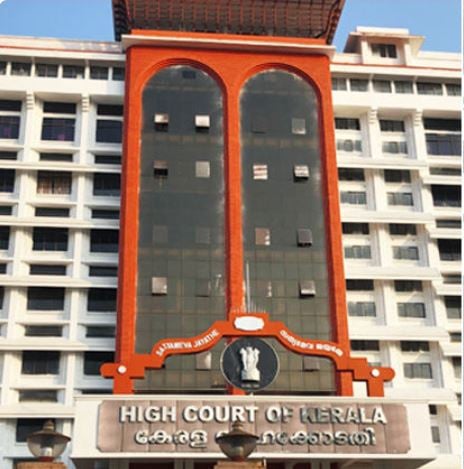The High Court of Kerala has sought response from the parents of a lesbian girl, who filed a Habeas Corpus writ petition, alleging that her partner was illegally detained by her parents.
The Division Bench of Justice P.B. Suresh Kumar and Justice C.S. Sudesh further directed the police officials to present before the court the partner of the petitioner on June 19, when the High Court would hear the matter next.
Advocates Aneesh K.R. and Saurav B, representing the petitioner, contended that both the petitioner and her partner belonged to Muslim families and that efforts to separate them have been going on ever since they revealed their relationship.
The petitioner feared that her partner would be subjected to conversion therapy by her parents and forced to leave the country.
As per the plea, the detainee had already faced physical and mental torture along with being admitted to a mental asylum to receive treatment for her alleged “mental illness”.
The petitioner further contended that police did not take any action against the parents despite several complaints, alleging that it was being done due to political pressure.
The Counsel for the petitioner relied on the Supreme Court verdict in the Navtej Singh Johar &Ors vs Union of India case, which decriminalised consensual homosexual sex in 2018.
A writ of Habeas Corpus was filed by the petitioner against her partner’s parents for illegally detaining her partner.
The petitioner said she and her partner had eloped on January 27, but were later found since both the families approached the police for their assistance and registered a case against them.
Later, a court of Judicial Magistrate First Class heard the matter and permitted the couple to be together. However, the partner of the petitioner was alleged to be in detention of her parents since May 30, noted the plea.
The writ petition was filed before the High Court under Article 226 of the Constitution.


